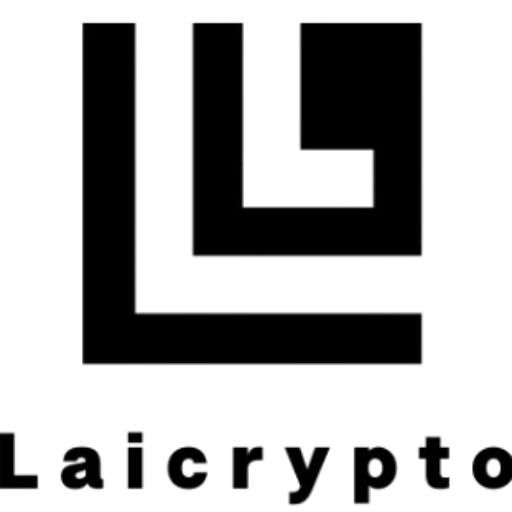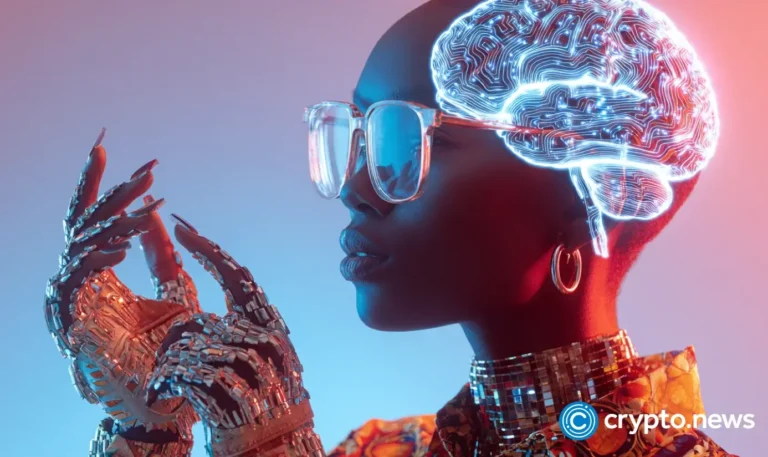Disclosure: The views and opinions expressed here belong solely to the author and do not represent the views and opinions of crypto.news’ editorial.
The web has always evolved around how humans interact with information. In the early internet — the PC web — humans searched manually. Discovery was powered by keywords, and companies like Google monetized attention through clicks and ads.
Summary
- The agentic web shifts control from users to autonomous agents, requiring a new trust layer because traditional metrics like clicks and engagement can’t govern machine-to-machine decision-making.
- Crypto provides that trust layer, enabling verifiable data, provenance, and incentives — turning information itself into a staked, priced, and economically validated primitive.
- The web’s business model is moving from attention to intelligence, where agents act on intent and crypto ensures their actions are accountable, coordinated, and aligned with human goals.
The mobile web shifted this paradigm. Algorithms learned our preferences, curating feeds optimized for engagement — measured by dwell time, conversions, and retention. Content found us, not the other way around.
Now, we stand at the edge of a new epoch: the agentic web — a world where autonomous agents act on our behalf. Instead of users scrolling, searching, and clicking, networks of intelligent agents will observe, decide, and execute. But this evolution introduces a new existential challenge: in a world run by machines, who — or what — do they trust?
Likes, engagement metrics, or opaque recommendation engines cannot govern the next web. It needs a verifiable trust layer — a system that allows both humans and agents to assess credibility, provenance, and intent before taking action.
This is where crypto enters the picture. Blockchains first introduced verifiable ownership of money; now, they enable verifiable ownership and validation of knowledge. In the agentic web, information itself becomes a financial primitive — staked, priced, and transacted across decentralized networks. Economic weight becomes the signal of truth.
The commercial logic of the web is shifting — from attention economies built on clicks to intelligence economies built on trust.
The changing commercial structure of the web
During the PC web, information lived on static pages, published by institutions and indexed by search engines like Google and Yahoo. Discovery relied on link analysis algorithms like PageRank — a digital directory that humans manually navigated. The business model was simple: search advertising. Centralized companies monetized top-down content through keywords and clicks.
The mobile web exploded that model. Smartphones turned everyone into a content creator, generating oceans of user-generated data. Traditional retrieval systems broke under the volume. Recommender algorithms replaced manual search, serving content based on behavioral prediction. The new metric was not clicks, but time spent. Attention became the currency, harvested by algorithms optimizing for engagement.
Now, in the agentic web, the structure of information and its economic logic are transforming once again. LLMs and autonomous agents have embedded vast amounts of web-scale knowledge into their weights. Instead of humans querying search bars, agents reason across pre-trained data and execute tasks autonomously. The web is no longer a passive archive — it’s becoming an active cognitive substrate.
But for this new system to function, it requires a trust layer — an open, permissionless fabric where data, actions, and incentives are transparently coordinated. That’s what decentralized crypto infrastructure provides.
Crypto: The bridge between humans and AI
In the agentic web, decision-making requires independent incentive systems. Crypto provides the economic backbone that allows humans and agents to coordinate — enabling selective participation, delegation, and automated execution.
As the web transitions from a human-readable medium to an agent-native environment, AI agents will summarize, recommend, negotiate, and transact on behalf of users with precision and autonomy. In doing so, they’ll generate vast amounts of new information — data that must be verifiable, accountable, and financially aligned with truth.
Crypto establishes this alignment. It enables verifiable data ownership, knowledge validation, and incentivized truth discovery. It transforms information itself into a financial primitive — something that can be staked, priced, and transacted. In this new ontology of the web — from static documents (PC web) to personalized feeds (mobile web) to agent-native knowledge (agentic web) — crypto becomes the trust signal.
The web has evolved from a static library to a living marketplace of intelligence. Humans are no longer the manual operators but the directors — setting intent while agents execute autonomously in the background. Crypto ensures that these agents operate correctly, coordinate effectively, and remain accountable to human-defined goals.
In the agentic web, information becomes capital. It’s staked, valued, and exchanged as the substrate of a new digital economy — one where AI, humans, and crypto converge into a single, verifiable system of intelligence and trust.




